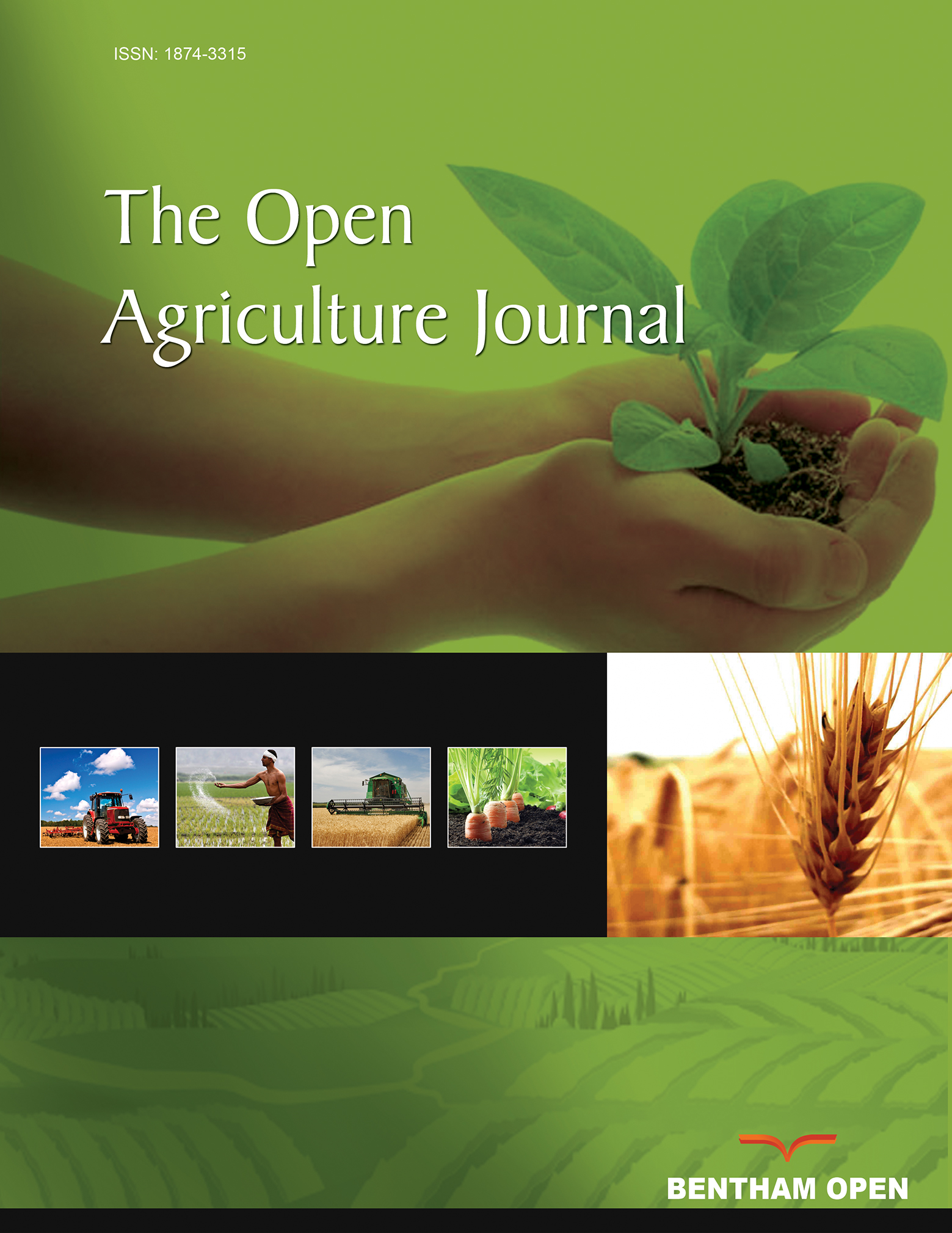All published articles of this journal are available on ScienceDirect.
Rural Youth Employability Trends and the COVID-19 Pandemic
Abstract
Background:
The COVID-19 pandemic seriously impacts youth employability, especially in rural regions. In rural areas, the lack of system and availability of education, vocational education and training can have a negative impact on a young person's ability to obtain an education and continue to succeed in the labour market. These circumstances can hinder a young person's transition to the labour market.
Aims and Objectives:
The paper presents a brief analysis of rural youth employment trends, the consequences of the COVID-19 pandemic for the labour market in Latvia, and an analysis of the youth employability using dynamic series analysis.
Methods:
The research methodology implemented for the present research study is based on the theoretical concepts and statistical data regarding the rural youth employment trends and the impact of the COVID-19 pandemic.
Results:
Based on the results of the research study, it can be concluded that COVID-19 has contributed to job losses by forcing young people from rural areas to move to a city with better access to employment. The authors have concluded that educated women tend to start their own businesses after graduation, which is positive, especially if it is based in rural areas.
Conclusion:
Based on the authors' calculations, the forecast of employees in the age group from 25 to 34 in Latvia in 2022 is 171.9 thousand, in 2023, it is 156.5 thousand, and in 2024 it is 138.9 thousand. It could be concluded that the projected number of employees in the 25-34 age group will decrease significantly.


